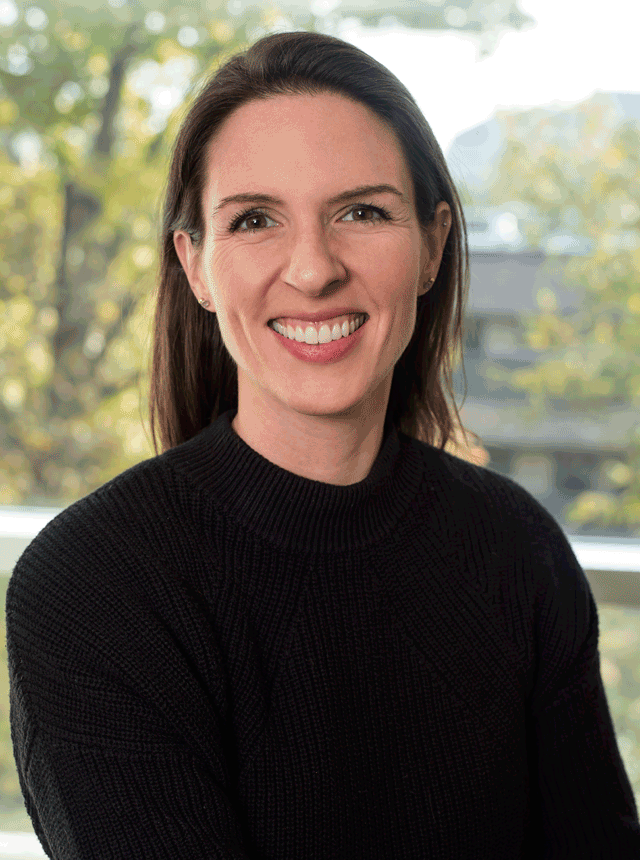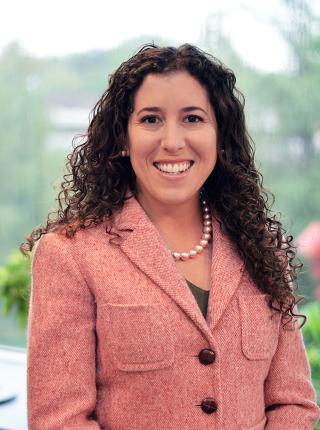
PHILADELPHIA (May 28, 2020)—Researchers at Fox Chase Cancer Center recently found that breast cancer patients describe having thoughts and feelings that can prevent them from discussing cancer-related sexual issues with their healthcare providers, even if they would like to.
“Overall, there is growing interest in the importance of women’s sexual health after breast cancer because of the impact it can have on women’s quality of life,” said Lauren Zimmaro, PhD, lead author on a recent scientific paper examining the beliefs women with breast cancer have regarding discussing sexual health with their providers. Zimmaro is a senior postdoctoral fellow with Jennifer Barsky Reese, PhD, of the Cancer Prevention and Control Research Program at Fox Chase, who was the principal investigator and senior author on the paper.
Zimmaro said sexual issues, including those directly resulting from treatment, are common among breast cancer patients. In some cases, chemotherapy and hormonal treatments may cause vaginal dryness, discomfort during sexual activity, and loss of sexual desire, she said. In other instances, such as following mastectomies and other breast cancer surgeries, sexual concerns may include body image issues or changes in breast sensation, which can negatively impact women’s sexual arousal.
“These changes are often very distressing, and although they seem to be quite common, we know that women are rarely bringing up these concerns with their cancer providers, so we were interested in learning more about why this might be,” Zimmaro said.

This paper is part of a program of research in Reese’s lab focusing on understanding and improving patient-provider communication about sexual health. The researchers sought to learn more about the kinds of barriers that were preventing women from feeling comfortable discussing sexual concerns with their healthcare providers.
A total of 144 women treated for breast cancer at Fox Chase who were participating in a trial of a sexual health communication training program led by Reese completed questionnaires assessing their beliefs about discussing sexual issues with providers.
The researchers found that women cited two major barriers to discussing sexual issues with their healthcare providers. One was their own thoughts or feelings, which could impede them in discussing sexual issues with their providers, and the other was the women’s beliefs about their providers’ reactions to discussions of sexual health.
“Overall, women tended to view their own discomfort in discussing sexual concerns as the bigger barrier to discussing these issues with their providers than discomfort they attributed to their breast cancer providers,” said Zimmaro.
She said these results could be helpful in showing patients that it is common to have some doubts or hesitations about their ability or comfort in discussing sexual concerns. However, it may be important for women to recognize these barriers so that they can have their sexual concerns addressed appropriately.
“Now that we have a clearer understanding of the types of barriers preventing women from raising the topic of sexual issues with their providers, we can work towards addressing them,” said Zimmaro. “In fact, the findings helped confirm the need for programs that can help women feel more comfortable discussing sexual issues with their providers like the ones being evaluated in Dr. Reese’s lab.”
The paper, “Patients’ Perceived Barriers to Discussing Sexual Health With Breast Cancer Healthcare Providers,” was published in the journal Psycho-Oncology.